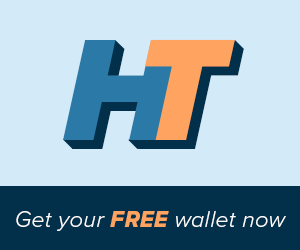Search Results For: proof of concept
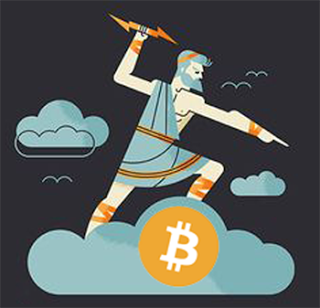
The newest Deutsche Börse Blockchain project
A new Deutsche Börse blockchain project was unveiled today as the market operator revealed a new blockchain proof-of-concept to manage bank cash transfers.
The so-called ‘CollCo’ (or, ‘collateralized coin’), is the new Deutsche Börse blockchain project created together with Eurex Clearing, or the clearing house used by the Deutsche Börse.
Using the same code of the Hyperledger Fabric project as a basis, the company wants to obtain a patent approval for this revolutionary transfer solution available thanks to the distributed ledger.
According to the official press release shared by the Deutsche Börse, the next step is to work with customers, regulatory and central banking contacts.
This is the official description for CollCo:
“All peer-to-peer payments based on tokenised commercial bank money are accompanied by movements of collateral between the respective Eurex Clearing members using the [central counter party’s] functionality and rules.”
The press release continues by saying that the idea links together “existing and potential new use cases” as the “handling of margining requirements, credit risk free payments, and delivery-versus-payment asset/value transfer on the blockchain”.
The Deutsche Börse has spent much time during the past year testing several blockchain use cases, including one thanks to a partnership with Germany’s central bank.
Also, in February 2016, the company partecipated at the New York blockchain startup Digital Asset Holding’s $60m funding round.
During a speech given last week, CEO Carsten Kengeter talked about the so-dubbed “Exchange 4.0” powered by next-generation technologies.
“Exchange 4.0 will use blockchain intelligently. Exchange 4.0 will convert data into investment tools. Finally, Exchange 4.0 will be as varied – and perhaps also as easy to use – as an app store,” he explained.
Open your free digital wallet here to store your cryptocurrencies in a safe place.
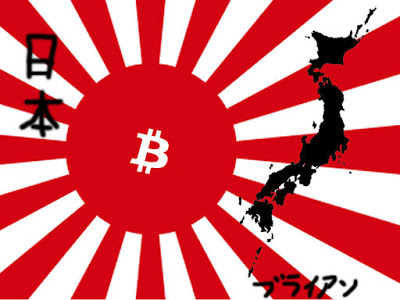
Blockchain Japan Banks: a new Consortium
42 financial institutions created a new Blockchain Japan Banks Consortium focused on decentralized payments.
Created by the financial service called SBI and co-launched with the distributed ledger startup Ripple, this new blockchain consortium includes a wide range of large and small companies and institutions. The creation of this blockchain consortium comes a few days after SBI revealed that it would work to create its own digital currency exchange in Japan.
Members involved in this new program want to share resources and work on a cross-border proof-of-concept, with the goal of creating a new common ground for commercial-scale products in 2017.
SBI explained in a statement:
“The Consortium will promote discussion, from both technical and operational perspectives, on activities required in domestic and foreign exchange services to utilize blockchain and other new technologies, consolidate domestic and foreign exchange services, and build 24-hour and real-time remittance infrastructure, and will try to finish PoC by next March to move forward commercial base.”
Also, SBI explained that efforts to create this blockchain consortium began in August, with the first goal to involve 15 member banks, but the group has rapidly increased its members during the promotional period, the company commented.
This blockchain Japan Banks consortium created by SBI is the latest effort of its kind. Similar groups have been created in recent months among Russian financial companies and European insurance brands. Read more here.

Open your free digital wallet here to store your cryptocurrencies in a safe place.
Bank of England Blockchain: how to explore fintech
Open your free digital wallet here to store your cryptocurrencies in a safe place.
The FCA wants to approve blockchain startups in England
Blockchain investments
Open your free digital wallet here to store your cryptocurrencies in a safe place.
Bank of America to use the Blockchain to authenticate bank data
Bank of America to use the Blockchain
Open your free digital wallet here to store your cryptocurrencies in a safe place.
Russian Banks work on a Blockchain Unit
Russian Banks work on a Blockchain Unit
Bank of Russia works on the Blockchain
Universal Wallet
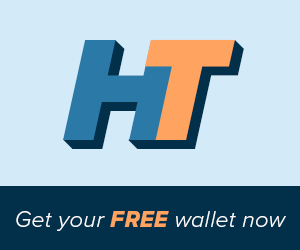
Open your free digital wallet here to store your cryptocurrencies in a safe place.
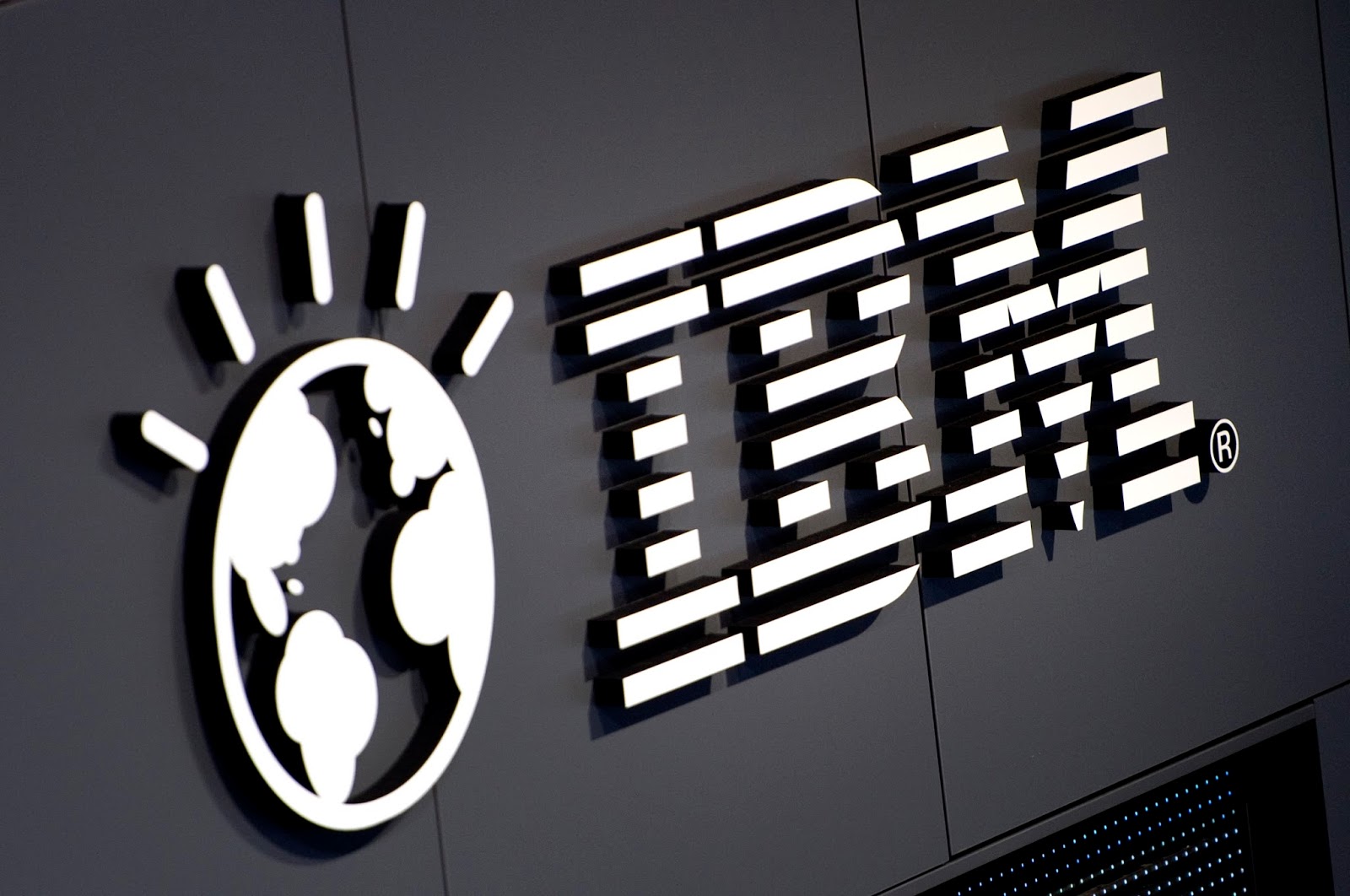
IBM blockchain project for identity verification
IBM Blockchain for identity confirmations
Banks and blockchain applications
Universal Wallet for Cryptocurrencies

The blockchain is the technology behind the cryptocurrency called bitcoin. To store your bitcoins you need a safe and easy-to-use wallet.
Our innovative system allows you to store not only bitcoin but also several different kinds of digital currencies such as Ethereum, Dogecoin, Litecoin, Blackcoin and more.
To open your wallet for free, and to read more about the HolyTransaction wallet, click here.
Open your free digital wallet here to store your cryptocurrencies in a safe place.

Nasdaq Blockchain to build a Solar Energy Market
Blockchain and energy: Usizo
Ethereum used for Car Charging
How to pay energy with Ethereum
MULTICURRENCY WALLET
Open your free digital wallet here to store your cryptocurrencies in a safe place.
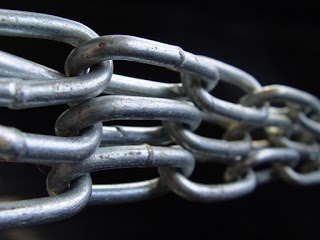
Bitcoin, the trust chain that banks and governments cannot corrupt
Bitcoin is a trustless money
How trust can be betrayed
What is the “pre-trust” ?
Blockchain, the infrastructure that runs bitcoin
Open your free digital wallet here to store your cryptocurrencies in a safe place.
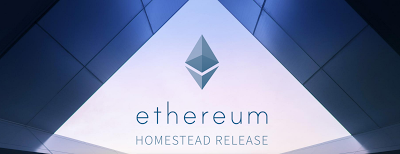
Ethereum Launches Homestead
“You need to look at the growth of the Ethereum network via the growth of its nodes, sitting at 5,100 versus bitcoin’s about 6,000 roughly. That’s quite significant and shows the stability and global nature of the Ethereum network,” commented Mougayar.
Homestead vs Frontier
“Homestead’s arrival will begin to demonstrate the next generation of blockchain technology, whereby anything we can dream of, can be accomplished in a decentralized manner using Ethereum.”
Ethereum helps Car Charging
In Germany the startup called Slock is working with RWE on a project to use Ethereum for car charging uses.
Open your free digital wallet here to store your cryptocurrencies in a safe place.




